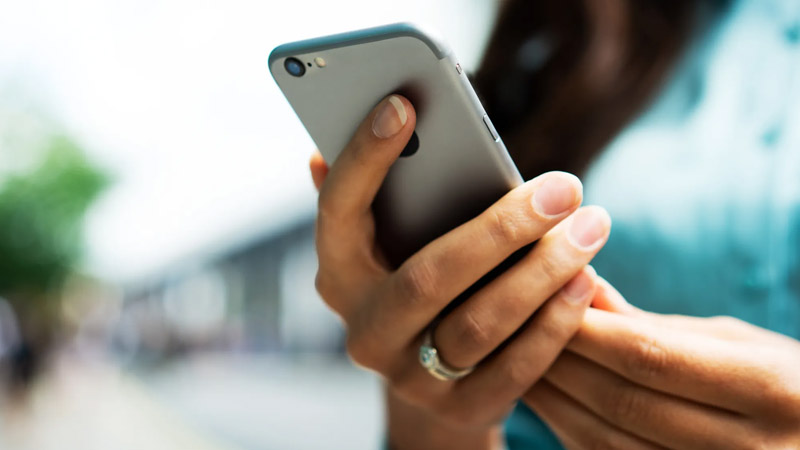Excessive Smartphone Use Linked to Nerve Damage: Expert Advice for Prevention

-Credit: (Image: Getty/Tim Robberts 2022)
In the modern digital era, smartphones have become an indispensable part of our daily lives. However, recent research suggests that excessive use of smartphones may lead to numbness or a tingling sensation in the fingers, indicating potential health risks.
Ethan Bennet, the founder of Sonin, highlighted that extended phone usage can lead to repetitive strain injuries and nerve compression. He also noted that regular smartphone use can aggravate existing musculoskeletal problems such as neck and back pain and affect mental health by increasing stress levels and disrupting sleep patterns, reports the Daily Star.
Ethan emphasized the importance of recognizing the signs of nerve damage caused by smartphone use for early intervention and prevention of long-term complications. Symptoms like numbness or tingling in the fingers, hand weakness, and difficulty gripping objects could suggest underlying conditions such as cubital tunnel syndrome or carpal tunnel syndrome.
Additionally, individuals might experience aching or cramping in the fingers and hand muscles, stiffness and pain in the neck, often referred to as “text neck,” and reduced sensation in the fingers and hands.
Ethan remarked, “Knowing when to seek medical attention for symptoms of smartphone-induced nerve damage is essential for timely diagnosis and treatment. Persistent symptoms warrant immediate evaluation by a healthcare professional because they may indicate carpal tunnel syndrome. If left untreated, carpal tunnel syndrome can lead to irreversible nerve damage.”
He continued, “If you’re experiencing symptoms of nerve damage, you should seek medical attention if your condition significantly impacts daily activities or quality of life. Early intervention is crucial for managing symptoms effectively and preventing further progression of nerve damage, highlighting the importance of seeking prompt medical care when experiencing persistent or concerning symptoms.”
Take Phone Breaks Ethan advises taking regular breaks from using your smartphone to give your hands and wrists time to rest. These breaks could range from five minutes to several hours, with the key being to ensure you’re not holding your phone continuously.
Watch Your Posture He also recommends paying attention to your posture while using your device; for example, holding it at eye level to avoid straining your neck and shoulders.
Stretch and Exercise Experts suggest taking a moment to stretch out and strengthen your extremities. Simple routines, including wrist flexor and extensor stretches and finger extensions, can make a significant difference. These exercises not only temporarily relieve discomfort but also boost circulation and ease tension.
Doctors also advise using ergonomic accessories such as phone stands or keyboards, which can help adjust your hand and wrist position. This may minimize any strain arising from consistent smartphone use and limit common issues like numbness or tingling in the fingers.
Ethan noted, “Prioritizing our digital well-being is not just about reducing screen time; it’s about fostering a healthy relationship with technology that supports our physical and mental health.”


